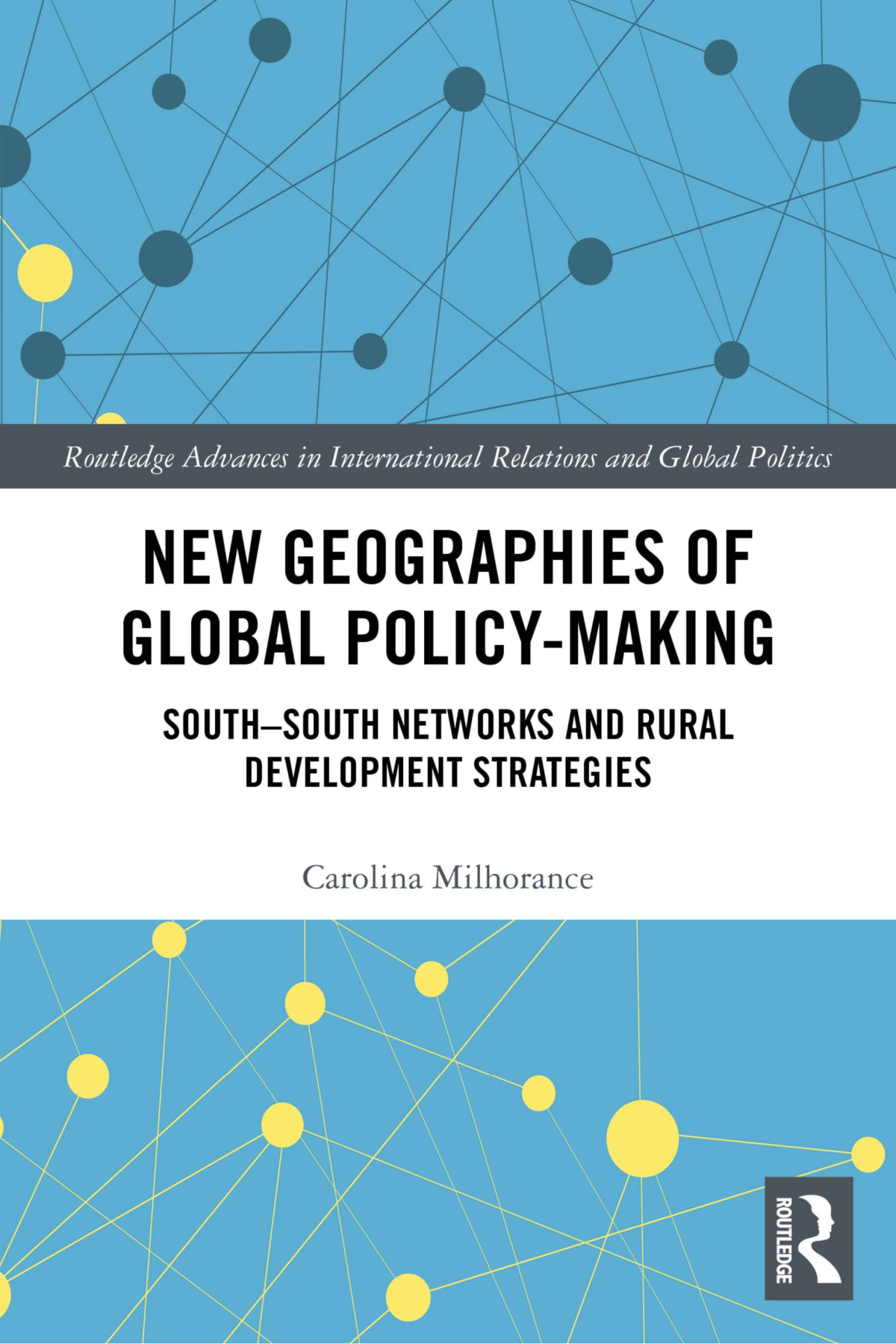

Most ebook files are in PDF format, so you can easily read them using various software such as Foxit Reader or directly on the Google Chrome browser.
Some ebook files are released by publishers in other formats such as .awz, .mobi, .epub, .fb2, etc. You may need to install specific software to read these formats on mobile/PC, such as Calibre.
Please read the tutorial at this link: https://ebookbell.com/faq
We offer FREE conversion to the popular formats you request; however, this may take some time. Therefore, right after payment, please email us, and we will try to provide the service as quickly as possible.
For some exceptional file formats or broken links (if any), please refrain from opening any disputes. Instead, email us first, and we will try to assist within a maximum of 6 hours.
EbookBell Team

0.0
0 reviewsInternational institutions and agencies from the Global North are no longer the sole initiators of development norms and best practices. The proliferation of exports and imports of social, economic and policy management models have called for a rethinking of South–South relations. To date, most studies have focused on the drivers and strategies of international initiatives made by emerging powers; none have analysed the impact of these initiatives on the receiving country’s institutions, and on the structures of international organisations. In this book, Carolina Milhorance examines the content, process and consequences of the internationalisation of Brazil’s rural public policy instruments. Brazil earned wide international recognition in the early 2000s for its agricultural modernisation and social policies; its increasing influence illustrated the specific political interests of coalitions that are embedded in domestic and international struggles. Drawing on extensive field research – including more than 280 interviews – conducted in Brazil, Mozambique, South Africa, Malawi, France and Italy, Milhorance analyses the effects of the internationalisation of Brazilian policy solutions on national and local political systems in recipient countries, highlighting specifically the case of Mozambique. Relying on a new theoretical approach to International Relations – one based on public policy analysis and international political sociology – she moves beyond a debate about conventional notions of international power.
New Geographies of Global Policy-Making will be of interest to scholars and researchers of international relations, public policy analysis, political sociology, comparative politics, and Latin American studies.